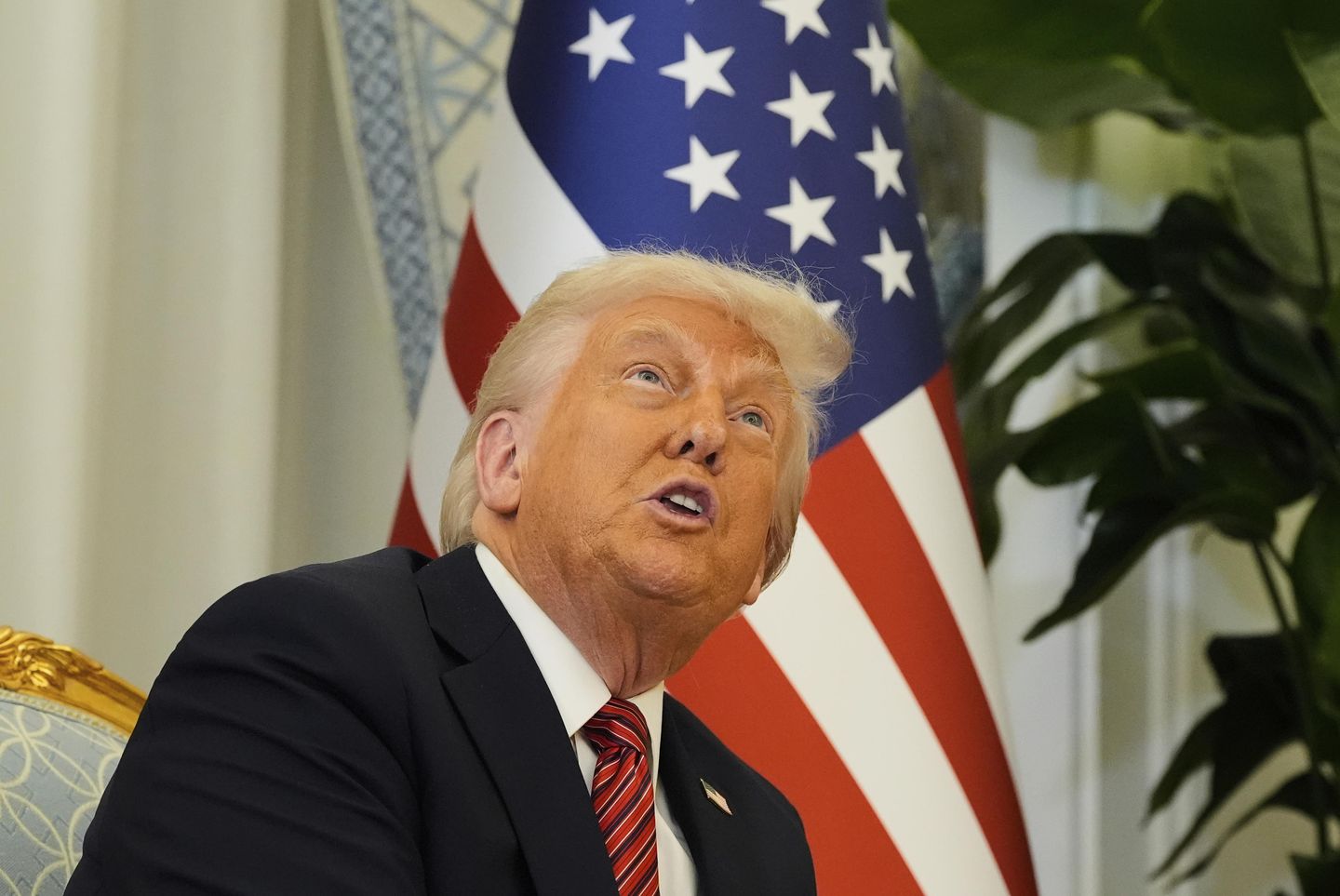
President Trump’s efforts to roll back the criminalization of regulatory infractions are gaining unexpected bipartisan support, representing a significant shift in how federal agencies handle compliance issues. Here’s what you need to know about this developing policy change:
The policy change
Administration addressing regulatory enforcement approach:
- Executive order limiting criminal prosecution for regulatory violations
- Focus on civil penalties rather than criminal charges
- Requiring “knowing and willful” standard for criminal proceedings
- Agency guidance directing focus on compliance assistance
- Prosecutors instructed to prioritize serious cases only
- Retroactive review of pending regulatory prosecutions
- Particular emphasis on small business protections
The bipartisan support
Unusual coalition forming around initiative:
- Moderate Democratic lawmakers endorsing approach
- Progressive criminal justice reformers offering qualified support
- Libertarian organizations lobbying for expansion
- Small business associations leading advocacy efforts
- Civil liberties groups acknowledging potential benefits
- Congressional hearings featuring diverse supporter testimony
- State-level officials from both parties embracing model
The historical context
Reform addresses decades-long trend:
- Federal criminal code expansion creating thousands of potential violations
- Many Americans unknowingly violating obscure regulations daily
- Previous administrations increasing regulatory enforcement powers
- Regulatory agencies gradually gaining prosecutorial authority
- Prison sentences for technical violations increasingly common
- Small businesses particularly vulnerable to complex requirements
- Regulatory state growth largely unchecked for generations
The scope impact
Reform affects numerous regulatory domains:
- Environmental compliance procedures shifting toward remediation
- Financial regulations emphasizing disclosure over prosecution
- Workplace safety programs focusing on correction and training
- Agriculture regulations prioritizing compliance assistance
- Transportation rules emphasizing safety improvements
- Land use restrictions being recalibrated
- Health care regulatory approach becoming more collaborative
The legal framework
Reform implementation follows specific legal approach:
- Constitutional questions about agency prosecution authority
- Legislative reforms potentially codifying executive changes
- Due process considerations in regulatory enforcement
- Historical delegation of authority being reconsidered
- Mens rea requirements strengthened for violations
- Burden of proof standards being clarified
- Judicial review of agency actions expanded
The business reaction
Economic stakeholders expressing relief:
- Small business confidence metrics improving
- Compliance cost predictions decreasing
- Investment in regulated industries increasing
- Legal defensive spending potentially reduced
- Business expansion plans accelerating in some sectors
- Regulatory consultants shifting to compliance assistance
- Corporate governance adapting to new framework
The criticism concerns
Some stakeholders raising questions:
- Environmental groups warning of enforcement gaps
- Consumer protection advocates concerned about deterrence
- Former regulatory officials questioning effectiveness
- Potential for serious violations going unpunished
- Regional enforcement inconsistencies possible
- Resource allocation for assistance versus enforcement
- Corporate accountability questions unresolved
What happens next
Several key developments are anticipated:
- Agency implementation guidelines being developed
- Congressional oversight hearings scheduled
- Legal challenges likely from some interest groups
- Statistical monitoring of compliance rates
- State-level reforms potentially following federal model
- Industry-specific guidance forthcoming
- International regulatory coordination implications emerging
The shift in regulatory enforcement philosophy represents one of the more consequential yet less politically divisive policy changes of the administration, with implications for businesses, individuals and government agencies across numerous sectors of American life.
Read more:
• Trump’s rollback of criminalizing regulatory infractions gets bipartisan support
This article is written with the assistance of generative artificial intelligence based solely on Washington Times original reporting and wire services. For more information, please read our AI policy or contact Ann Wog, Managing Editor for Digital, at awog@washingtontimes.com
The Washington Times AI Ethics Newsroom Committee can be reached at aispotlight@washingtontimes.com.












